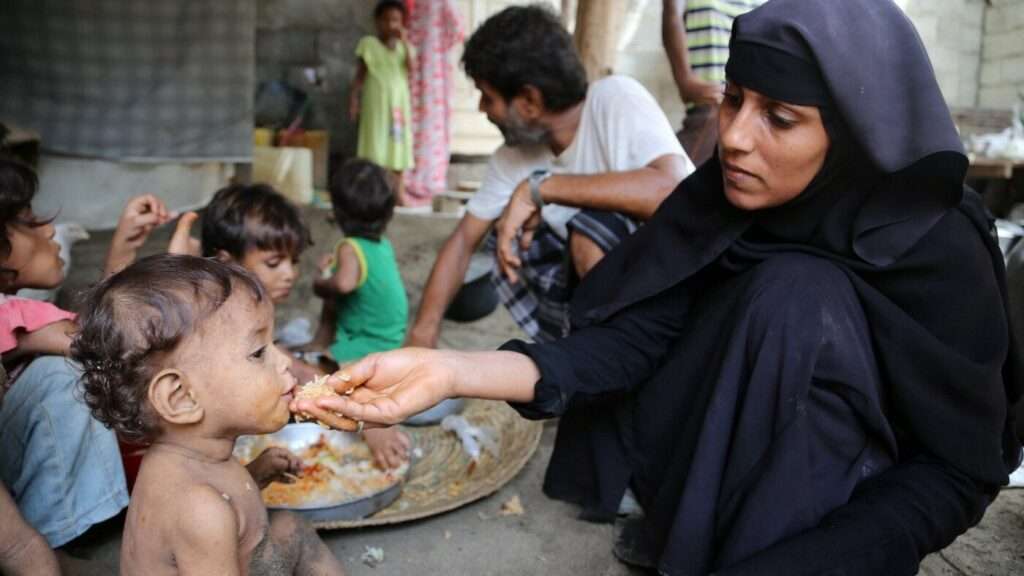
Position of Pakistan on the Global Hunger Index is reminders that much work lies ahead to tackle this humanitarian crisis. The combat against hunger stresses firm commitment, innovative and inventive strategies, and collective action. It is the responsibility of the government, authorities, civil society, and affluent people alike to step up efforts and ensure that every citizen has access to sufficient, nutritious food. Together, we can transform this grave challenge into an opportunity to build a more resilient, nourished, and prosperous nation.
Over an inordinate length of time, Pakistan has made some progress in reducing its GHI score, dropping from 38.1 in 2006 to 26.1 in 2022. However, this reduction is not enough to be complacent, as the score still places Pakistan in the category of “serious” hunger. A score of zero indicates no hunger, and while Pakistan’s trajectory is promising, there is still a long way to go to ensure no one in the country goes to bed hungry.

In the face of globalization and advancements in technology, it is disheartening to witness a fundamental issue like hunger still persisting in many parts of the world. The Global Hunger Index is an alarming reminder of the challenges faced by developing nations, and the recently released GHI-2022 ranking paints a bleak picture for Pakistan. The country’s ranking of 99 out of 121 nations is a stark reminder of the urgency required to address this critical issue.
It is no surprise that approximately 82.8 million people in Pakistan are forced to live in hunger, struggling to meet their daily nutritional needs. The report suggests that 46 countries, including Pakistan, are unlikely to eradicate hunger entirely by 2030. This projection is a wake-up call for Pakistan’s policymakers to redouble their efforts in addressing the issue and ensuring that the country does not slip further down the list of hunger-stricken nations.

Within this region, Pakistan has one of the highest levels of hunger, exacerbating the problem of child malnutrition. Alarmingly, the rates of stunting and child wasting are also among the highest in the world. To confront this challenge effectively, Pakistan must prioritize hunger eradication and focus on implementing sustainable and targeted solutions. Government agencies, civil society, non-governmental organizations, and the private sector must come together in a collaborative effort to address the root causes of hunger in the country.
First and foremost, ensuring access to adequate and nutritious food for all citizens should be the primary objective. This involves investing in agriculture and rural development to boost food production, as well as providing financial support to small farmers to help them grow more and better crops. Moreover, strengthening social safety nets and welfare programs is essential to support the most vulnerable segments of the population. This includes the implementation of school feeding programs to combat child malnutrition and improve educational outcomes.

Beyond national efforts, international cooperation and assistance are indispensable in the fight against hunger. Pakistan should actively engage with global organizations, donor countries, and international agencies to access funds, expertise, and knowledge necessary for effective hunger eradication programs.

